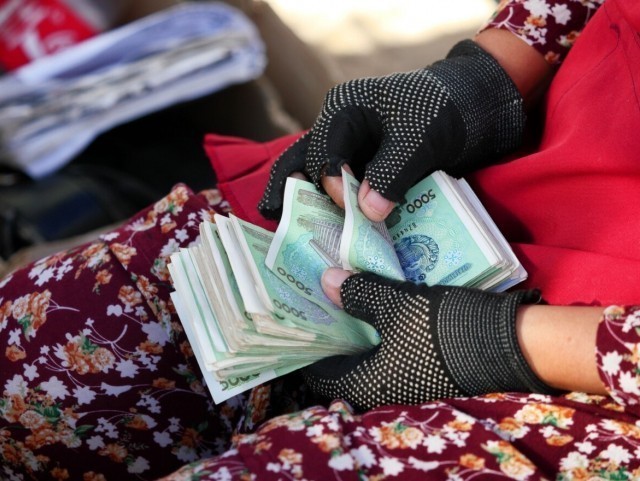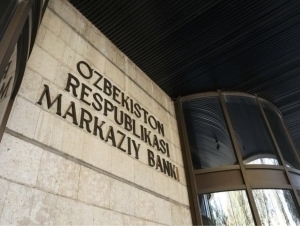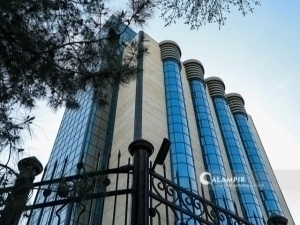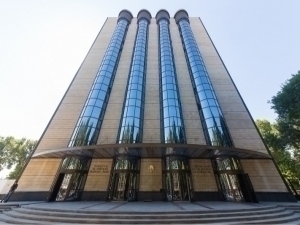Is the loss caused by sanctions against Russia covered by the Uzbek sum? —The Central Bank of Uzbekistan comments
Local
−
03 March 2022 20416 4 minutes
Reports have appeared on social media that the exchange of rubles in Uzbek commercial banks takes place within a special corridor rather than at the exchange rate. It is alleged that this step is aimed at covering the damage of sanctions against Russia by Uzbek soms.
The Central Bank of Uzbekistan commented on the situation, stating that the action was taken in order to help Uzbek migrant workers in Russia.
«In conditions of sharp fluctuations of the exchange rate of the Russian ruble and significant differences between exchange and over-the-counter rates, our citizens in Russia lose money in the process of converting their funds into free currency», – the official of the Central Bank said.
It was noted that the Central Bank of the Republic of Uzbekistan made the following recommendations in the light of the foregoing:
— continuity of money transfer operations in Russian rubles to all commercial banks and maintenance of an acceptable difference between the purchase and sale rates in determining the exchange rate;
— changing the rates of the Russian ruble during the day in accordance with current international quotations in order to minimize the currency risks of banks.
‘This will allow Uzbek citizens in the Russian Federation to send money in Russian rubles and receive it in any currency in the territory of the country.
The Central Bank is constantly monitoring the situation and, if necessary, will take additional measures to safeguard the interests of the population and the stability of the national currency and banking system",-the report states.
The economist Otabek Bakirov noted that commercial banks were obliged to buy and sell rubles at exchange offices.
The exchange rates for the purchase and sale of ruble are carried out in the framework of the conditional administrative corridor.
“There is no information that the cross-exchange rate of the ruble does not define the market reality and that expanding the corridor will be allowed, given the high risk of rouble,"-Bakirov said.
According to the economist, if a narrowed administrative corridor is applied for buying and selling rubles, for example, +/- 1%, the ruble will enter Uzbekistan by wagons, and the dollar will be exported from Uzbekistan in the large quantities.
“No one objects to the purchase or sale of rubles, but this should not be an obligation too. This process should take into account the rules of the open market, the fact that the conversion of ruble is limited day to day, and has big risks”,- Bakirov says.
According to Bakirov, within the administrative corridor (purchase of ruble at 97 som, sale at 102 som) when importing of rubles from Russia and converting them into sums, and then purchase of dollars, 1 dollar will cost 112.78 rubles.
"For comparison, in Moscow exchange offices 1 dollar is sold for 130-160 rubles.
The exchange rate, which is administratively formed on the Moscow Stock Exchange, is not defined at all by the market. «All conditions have been created for Russians to bring their savings to Uzbekistan and convert them into dollars».
He added that all ruble exchange processes should be left to the market.
The decision by the Board of the Central Bank of the Republic of Uzbekistan «On Approval of the Rules of Conduct of Currency Transactions in the Republic of Uzbekistan» establishes the rules of conduct of currency transactions in Uzbekistan, according to which:
In the territory of the Republic of Uzbekistan, United States dollars, British pounds sterling, euros, Swiss francs, Japanese yen and other foreign currencies may be accepted in the currency exchanging offices at the discretion of commercial banks;
In the domestic currency market, foreign exchange is purchased and sold at a rate determined by the demand and supply of foreign exchange.





